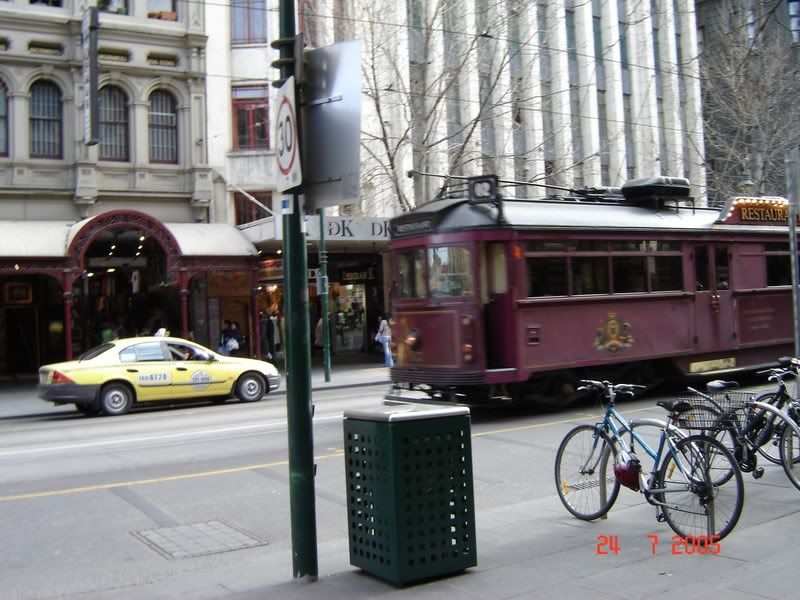In the class, we learnt about the method of laddering. The laddering process is essentially the questioning that reveals the psychological consequences of outcomes of a construct or mental mode and this is important in unraveling the deep structures about a product, or in this case, the LT experience. Our group applied the laddering framework which consists of ‘laddering out’, ‘laddering down’ and ‘laddering up’.
- Laddering out: expanding horizontally the concept seeking for synonyms, parallels and other related issues. The questions ask about the concept with respect to other notions, or just repeat the concept so that the participant may just bring it back and talk more about it.
- Laddering up: looking for the consequences caused by the feeling or thought mentioned by the participant. The questions seek the origin of the phenomenon by asking why, and then elaborate on the advantages or disadvantages of it.
- Laddering down: looking for the causes of the phenomenon. The questions try to bring about other issues that would lead the participant to feel or think that which is under investigation and other similar circumstances the researcher may relate to.

Another method that was frequently used in the presentations is the ethnographic approach. Ethnography highlights the differences between what people perceive they do and what their final actions are. Through our group’s research over the past two weeks, we realized that ethnography is not particularly useful in this scenario as it is extremely difficult and problematic to quantify observations and relate it to specific behavioral traits of the students. For instance, observation in a lecture, students may be eating, frequently going to the toilet or even surfing on their laptop while the lecture is going on. However, this does not mean he/she is not enjoying or learning from the LT experience.
Through laddering, and simple observations of lectures during the past two weeks, our group identified three factors that constitute the LT experience. These three factors can be classified under intrinsic and extrinsic categories, where the infrastructure and content delivery of the LT comes under the extrinsic category, the perceived needs and motivations of students will be considered as intrinsic.


These extrinsic factors are in a way, controllable, where these can be changed and altered in time. As it is not possible to change the way students feel or need, using the Maslow's hierarchy, we seek to alter and tweak these factors to motivate the students and further move them up the hierarchy where, they attend the lecture not simply because they have to, but they have the motivation to learn.

There is a feedback loop between the intrinsic and extrinsic factors. This loop is to allow the extrinsic factors to change with accordance to the various circumstances and needs of the students.
In our proposed approach, we realised that due to varying individual need, it takes an optimal combination of these factors to create a good experience. Hence we propse an approach to uncover this optimal combination where due to too many uncertain variables, there is a need to conduct experiments to properly identify the cause and effect of a positive learning experience. Our group strongly believes that infrastructure, content, student needs and motivation are constituents of the learning experience itself, changes in each factor needs to compliment each other.
The aim of this method is to tweak external factors to optimize and move the student up the motivation hierarchy.


